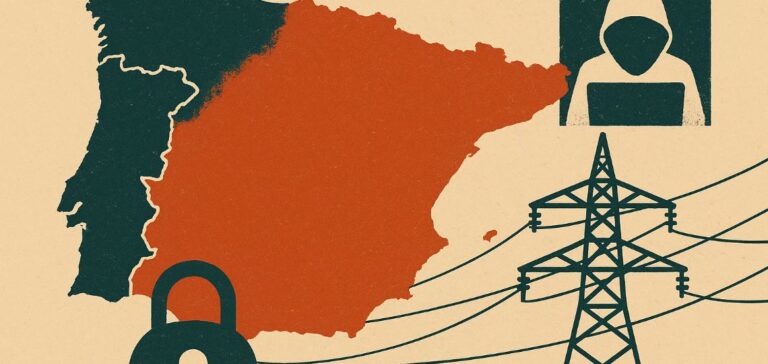The Spanish government stated that no digital intrusion was detected in the systems of Red Eléctrica Española (REE), the national electricity transmission system operator, following the massive outage on 28 April. This confirmation, delivered by Minister for the Ecological Transition Sara Aagesen during a parliamentary hearing, rules out the hypothesis of a cyberattack being the cause of the event.
Localised technical incidents triggered the event
According to data presented in Parliament, the electricity outage was triggered by two significant oscillations in the power system recorded at 12:03 and 12:19, followed by three successive incidents in the south of the country. These occurred at 12:33 in a substation in Granada, near Badajoz, and in the province of Seville.
The power loss caused by these three incidents is estimated at over 2.2 gigawatts, according to preliminary figures from REE. This failure reportedly led to the automatic disconnection of the entire Iberian Peninsula from the European power grid, cutting electricity supply across Spain and Portugal for several hours.
Technical investigation still underway
Despite confirming the absence of a cyberattack, the government said technical investigations are ongoing to determine the exact causes of the outage. The inquiry commission includes both major Spanish energy companies and independent experts.
Sara Aagesen emphasised that authorities intend to conduct a thorough analysis without rushing to conclusions. She also noted that the two oscillations recorded prior to the incidents have not yet been formally linked to the system failure, though they remain critical elements in the ongoing assessment.
Caution urged against early speculation
Prime Minister Pedro Sánchez had already urged caution the day after the incident, refusing to rule out any hypothesis while the investigation remained active. REE’s Chief Operating Officer, Eduardo Prieto, previously stated that no intrusion had been identified in the operator’s control systems, supporting the latest official declarations.
The government criticised premature statements made by political groups and reiterated the importance of a methodical approach to determining accountability and preventing similar future events. The scale of the blackout, simultaneously affecting two countries, has drawn particular attention within the European energy sector.






















